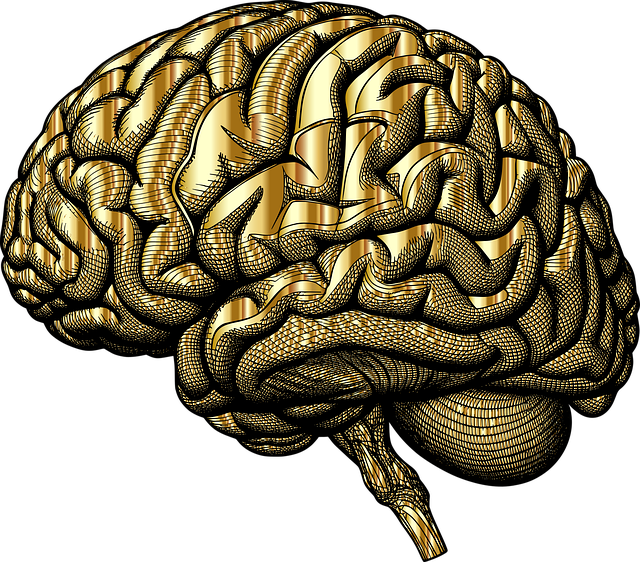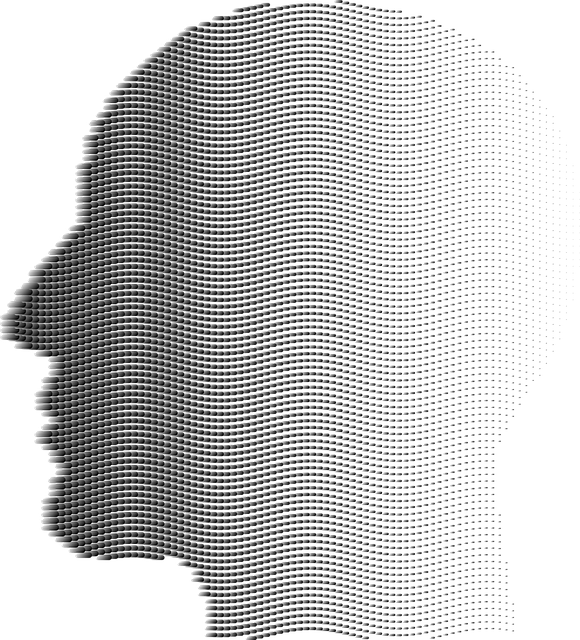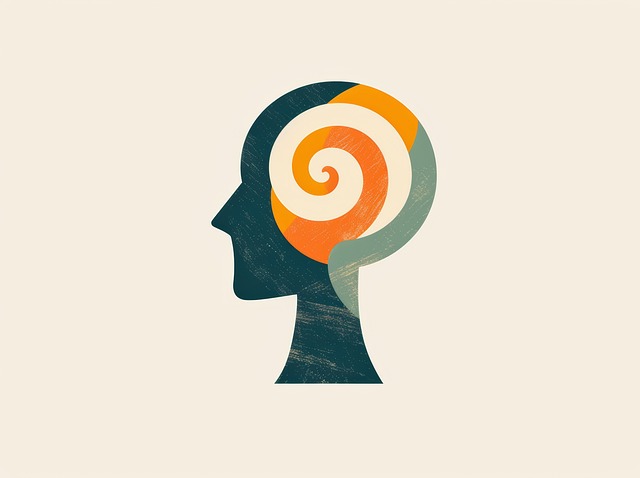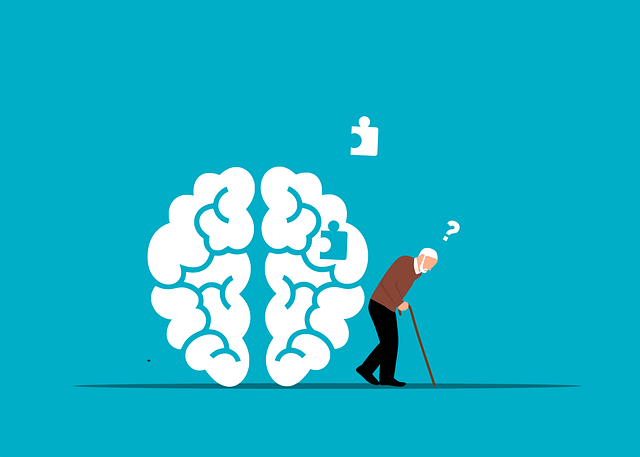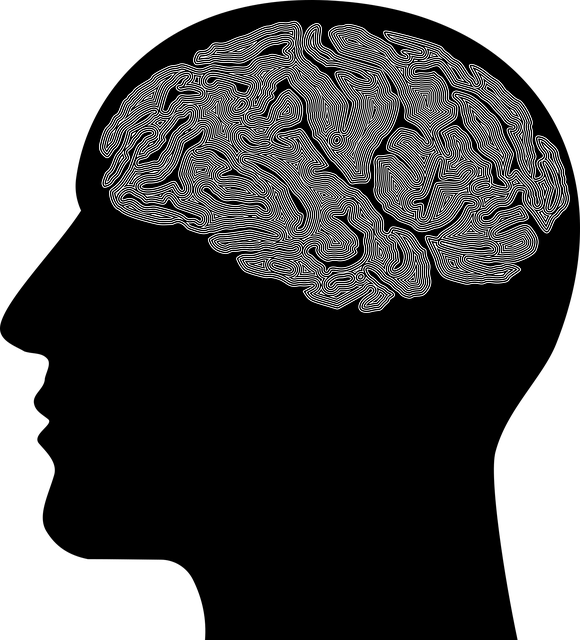Effective treatment for conditions like Littleton Sexual Dysfunction Therapy (LSD) hinges on understanding patient data. A detailed risk assessment collects historical and current information, helping therapists identify issues, choose appropriate therapies, and monitor progress. Analyzing this data, along with integrating mindfulness practices and education, personalizes care. Technological advancements, such as online sessions, virtual reality exposure therapy, and well-being apps, further enhance access to tailored LSD therapy, addressing sensitive topics comprehensively while respecting patient preferences.
Mental health data analysis is a powerful tool for understanding and improving patient outcomes. In this article, we explore the critical components of effective therapy through meticulous mental health data collection and its subsequent interpretation. We delve into how these processes enable personalized treatment strategies, enhancing therapeutic effectiveness.
Additionally, we highlight the transformative role of technology in advancing sexual dysfunction therapy, specifically examining Littleton Sexual Dysfunction Therapy as a leading example.
- Understanding Mental Health Data Collection for Effective Therapy
- Analyzing and Interpreting Data: Unlocking Insights for Personalized Treatment
- The Role of Technology in Advancing Sexual Dysfunction Therapy with Littleton Sexual Dysfunction Therapy
Understanding Mental Health Data Collection for Effective Therapy

Understanding how mental health data is collected is pivotal for effective therapy and treatment planning. At the heart of this process lies a comprehensive risk assessment, which serves as a foundational tool for mental health professionals in Littleton Sexual Dysfunction Therapy. This initial evaluation involves gathering detailed information about an individual’s history, current circumstances, and any specific symptoms or concerns. By delving into such aspects, therapists can identify underlying issues and tailor interventions accordingly.
A robust data collection method not only facilitates accurate diagnosis but also boosts the confidence of both clients and professionals. It enables mental wellness specialists to make informed decisions, select suitable therapeutic approaches, and monitor progress over time. Through structured interviews, surveys, and validated assessment tools, therapists gain insights into complex psychological landscapes, ensuring personalized care that addresses unique needs.
Analyzing and Interpreting Data: Unlocking Insights for Personalized Treatment

Analyzing and interpreting mental health data is a powerful process that enables healthcare professionals to uncover valuable insights and personalize treatment plans. By delving into the intricacies of patient journeys, therapists can identify patterns and trends that may indicate specific needs or challenges. For instance, through advanced analytics, practitioners can gain a deeper understanding of complex conditions like Littleton Sexual Dysfunction Therapy (LSD). This approach allows for tailored interventions, ensuring that each individual receives the most effective support.
Furthermore, integrating practices such as Mindfulness Meditation and designing Mental Health Education Programs can complement data-driven insights. Promoting Mental Health Awareness through educational initiatives empowers individuals to actively manage their well-being. The combination of data analysis, therapeutic techniques, and education fosters a holistic mental health approach, ultimately enhancing the effectiveness of treatment strategies for LSD and other similar conditions.
The Role of Technology in Advancing Sexual Dysfunction Therapy with Littleton Sexual Dysfunction Therapy

The integration of technology into mental health care has revolutionized therapy practices, especially in addressing sensitive issues like sexual dysfunction. Littleton Sexual Dysfunction Therapy, for instance, leverages advanced digital tools to offer more personalized and accessible treatment options. Through online platforms, therapists can provide remote sessions, breaking down geographical barriers and allowing individuals who may feel hesitant about face-to-face interactions to seek help conveniently. This approach is particularly beneficial in reaching a wider audience, ensuring that those who require assistance for sexual dysfunction receive the support they need without additional challenges.
Moreover, technology facilitates innovative therapy techniques such as virtual reality exposure therapy, which can be powerful tools in treating various forms of sexual dysfunctions. By creating controlled digital environments, therapists can help patients confront and overcome psychological conflicts related to sex. Additionally, apps designed for emotional well-being promotion techniques and burnout prevention can complement traditional therapy by providing daily support and practical exercises. These technological advancements not only enhance the effectiveness of Littleton Sexual Dysfunction Therapy but also contribute to more comprehensive and tailored care.
Mental health data analysis is a powerful tool for personalized therapy, as evidenced by innovations like Littleton Sexual Dysfunction Therapy. By understanding and interpreting collected data effectively, professionals can unlock valuable insights to deliver tailored treatments. This approach not only enhances therapeutic outcomes but also paves the way for more advanced and accessible mental health care solutions in the digital age.
